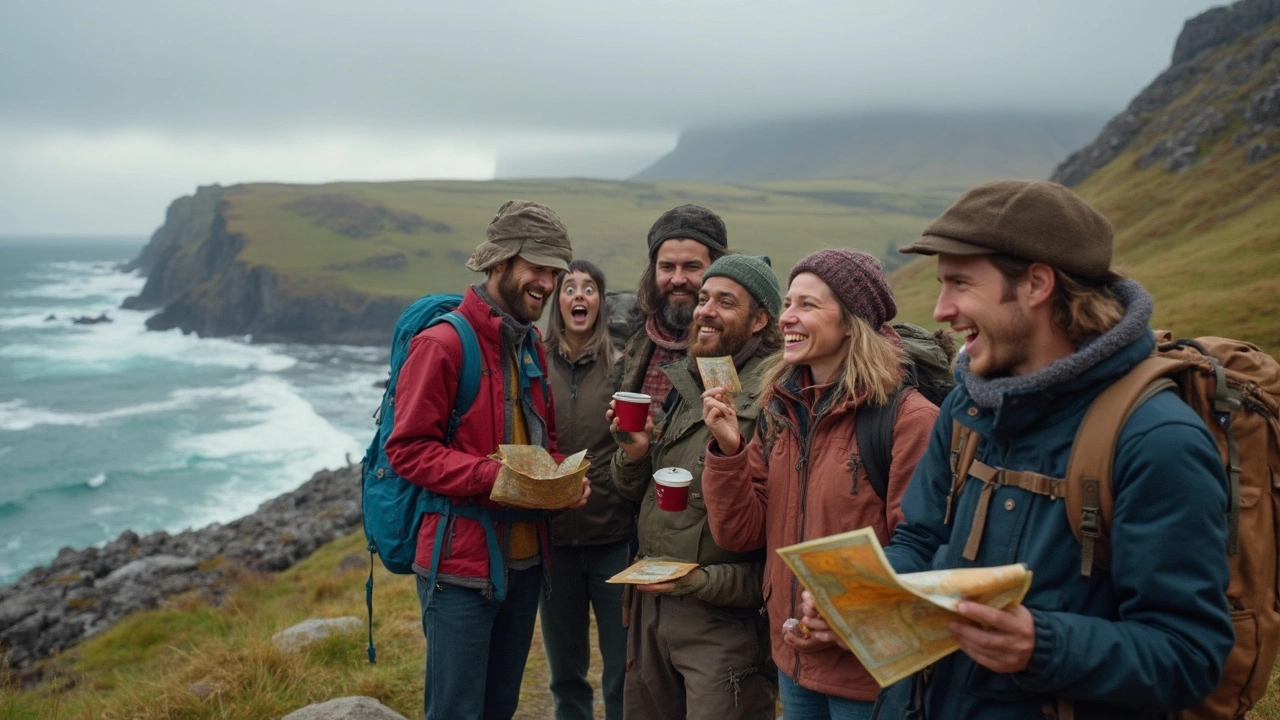Outdoor Travel: Simple Tips, Real Savings, Real Adventures
Thinking about getting out of the house and into the fresh air? Outdoor travel doesn’t have to be pricey or complicated. With a few smart moves you can plan a trip that fits your budget, matches your skill level, and still feels like an adventure.
First, decide what kind of outdoor experience you want. Do you picture a quiet walk in the countryside, a bike ride along a coastal path, or a weekend of hiking in the hills? Knowing the activity helps you pick the right destination and gear, and it prevents you from over‑packing or spending on things you won’t use.
Plan Your Outdoor Adventure on a Budget
Start by checking out off‑peak dates. Travel in shoulder season often means cheaper trains, buses, and accommodation. The 2025 cheapest travel guides show that you can save up to 30% by avoiding school holidays. Use price‑comparison apps for train tickets and look for bus‑only routes; they’re usually the lowest‑cost option for short trips.
Next, consider staying in a campsite, hostel, or a local B&B instead of a hotel. Many UK campsites now offer electric hookups, showers, and even Wi‑Fi, so you stay comfortable without a big price tag. If you’re near a town, a short bus ride to a nearby campsite can cut travel costs further.
Pack your own meals. A simple sandwich, fruit, and a thermos of tea or coffee weigh less and cost far less than eating out every day. Local grocery stores often have fresh, cheap produce that can turn a bland sandwich into a tasty lunch.
Don’t forget travel insurance. A basic policy covers mishaps like lost gear or a cancelled train, and it’s usually under £10 for a weekend. That tiny cost protects you from a big surprise later.
Top Outdoor Destinations in the UK and Beyond
If you’re staying in the UK, the most relaxing places include the Cotswolds, Lake District, and the Yorkshire Dales. Each region offers well‑marked trails, affordable pubs, and easy public transport connections. The “Most Relaxing Places to Visit in the UK” article highlights hidden spots where you can avoid crowds and still enjoy stunning scenery.
For a sunny budget break, look at warm and cheap destinations like the Algarve in Portugal or the Azores. Flights are often on sale in early spring, and once you’re there you can explore cliffs, beaches, and volcanic landscapes without a pricey guide.
Adventure‑focused travelers should check out the “Adventure Holidays” guide. It lists activities like kayaking, rock climbing, and mountain biking that can be done on a shoestring if you bring your own gear and join a local club for a day.
Finally, remember that the best outdoor trips don’t need long distances. A day trip to a nearby forest, a river walk, or a coastal path can feel like a mini‑vacation, especially when you leave early and avoid rush hour traffic.
Bottom line: outdoor travel is all about planning smart, spending wisely, and picking places that match your energy level. Use the tips above, check the latest cheap travel charts, and you’ll be out in nature before you know it – all without breaking the bank.

What Makes an Adventure Traveller: The Key Traits and Tips
What really sets adventure travellers apart from everyone else? This article cuts through the hype, digging into the traits, habits, and choices that define people who crave the unexpected on their holidays. You'll get practical tips on gearing up for your own adventure, learn what separates a tourist from a true explorer, and discover some wild facts about how the spirit of adventure is changing. If you've ever thought about breaking out of the usual routine, this is the guide that actually tells you how.
Apr 27 2025
Menu